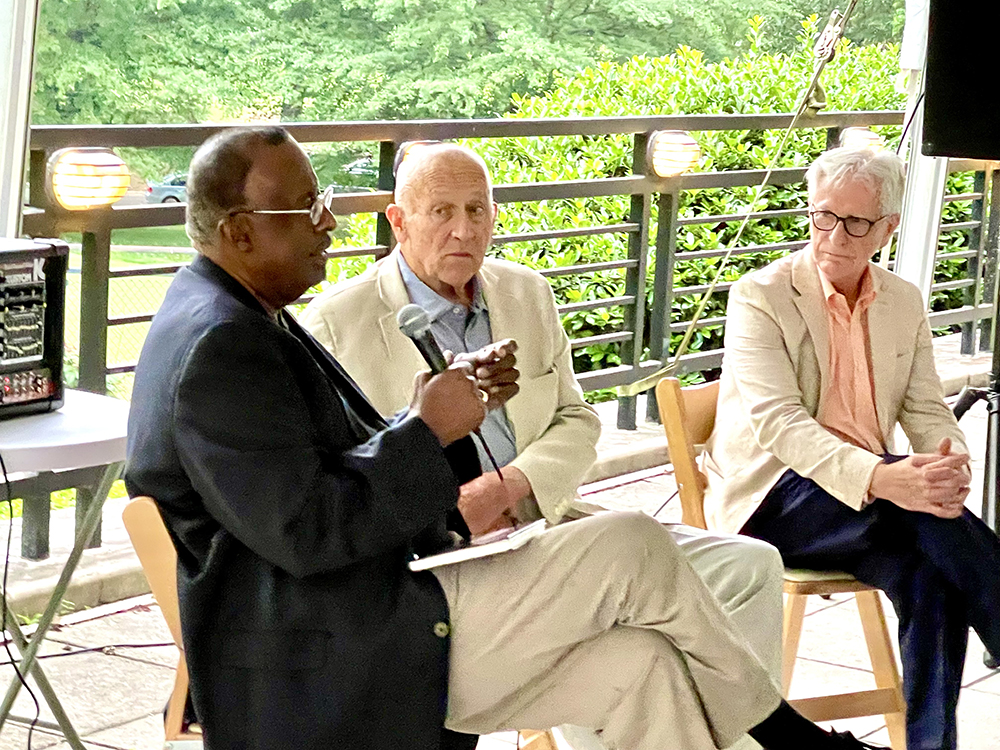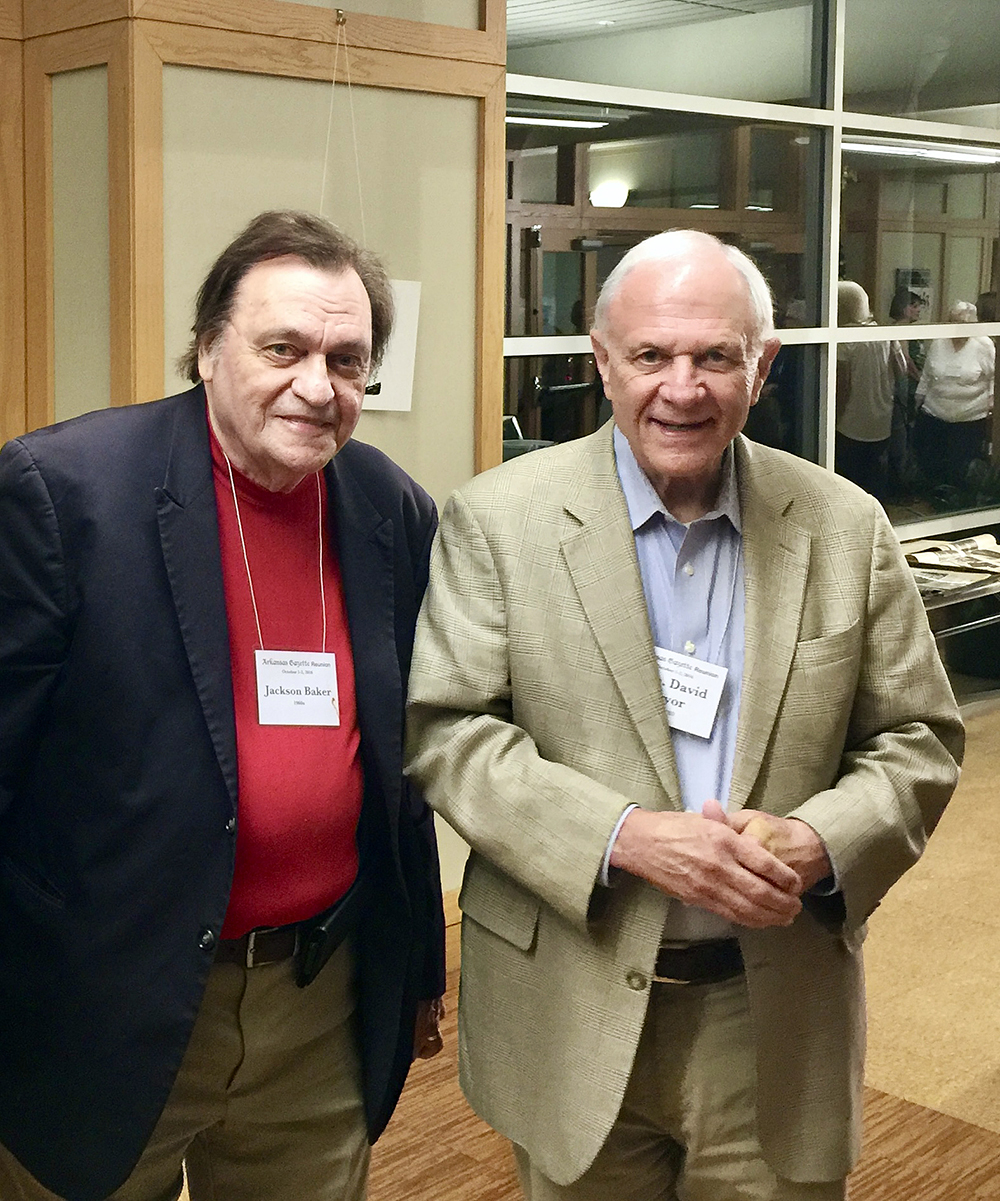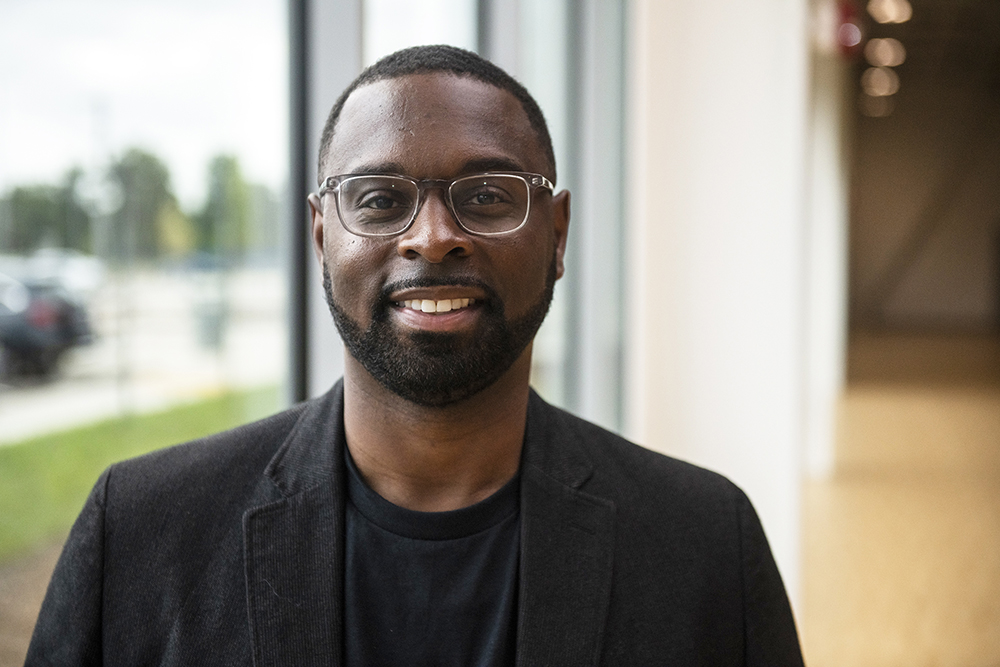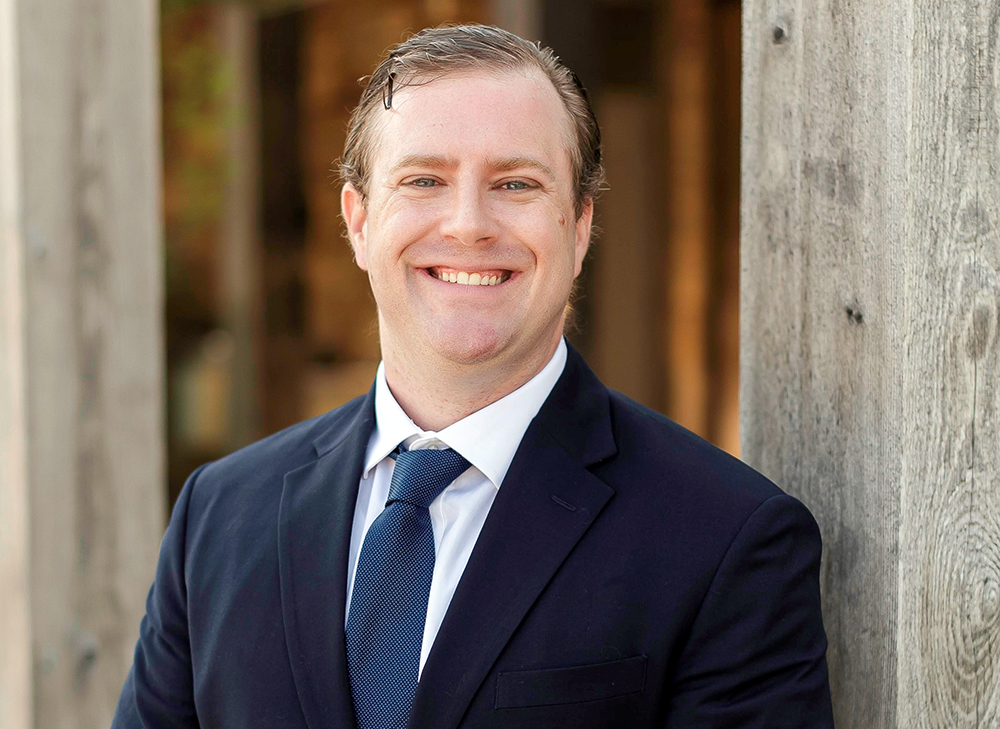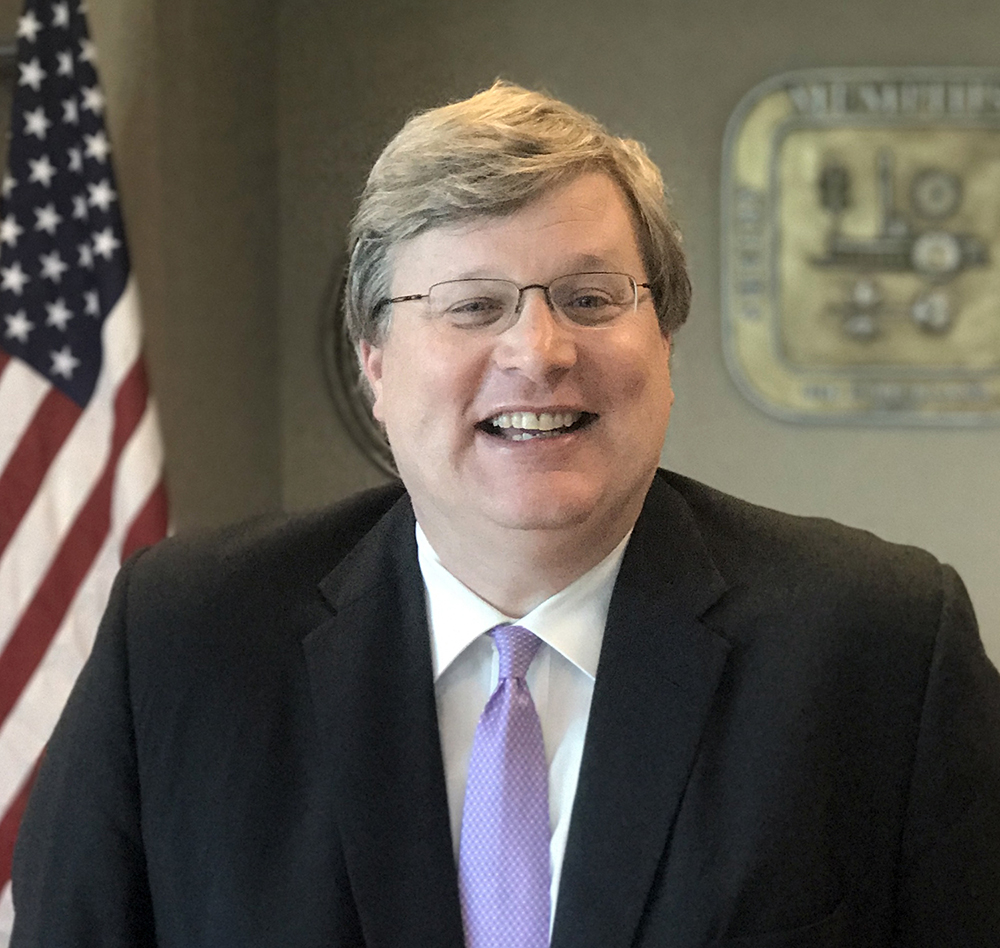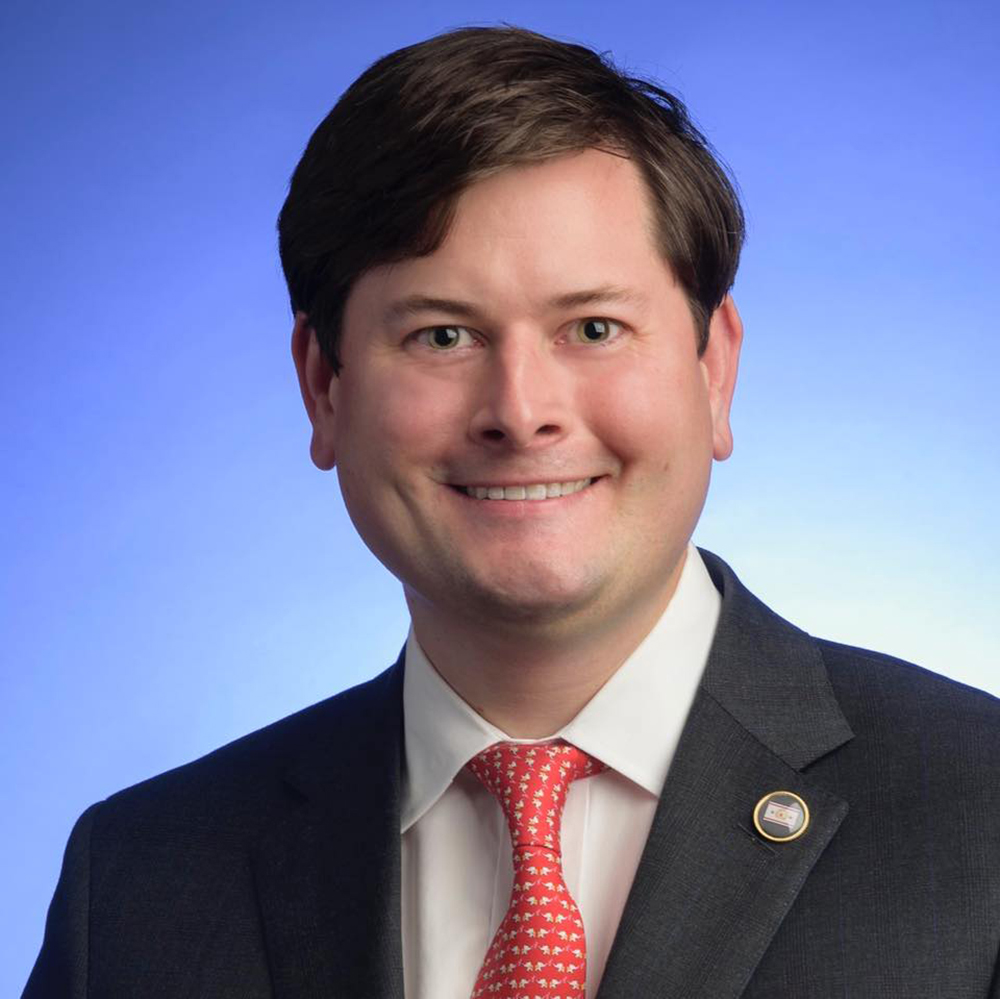As the Greater Memphis community continues to try to sort out whether it is in the grip of a crime wave or whether, as a recent Crime Commission report indicates, crime statistics are actually on the wane, the subject continues to dominate local attention.
One matter that has remained more or less on the back burner is that of Mayor Paul Young’s proposed director of public safety, a pending position (sometimes referred to in administrative ranks, somewhat less reassuringly, as “public safety advisor”).
Young suggested the new office back in January after the city council declined to endorse his proffered reappointment of C.J. Davis as police chief, and the new mayor, in response, fell back on the expedient of keeping Davis on as interim chief.
From the beginning, it was uncertain whether the proposed directorship was to be a fundamentally new concept or a retooling of a dormant position. Compounding the confusion was the fact that, at some hard-to-pinpoint period in the administration of former Mayor Jim Strickland, the existing title of police director had somehow morphed back into that of police chief, a development making Davis’ currently impermanent position seem all the more tenuous.
But now the suggestion comes from administration sources that the task of filling the new position — however it is to be titled and whatever its scope — is in the “latter” stages and may be just around the corner, with a narrowing down of prospects by mid-June and a likely appointment by July 1st, in time for the new fiscal year.
Meanwhile, coincidentally and maybe usefully, the individual most identified in Memphis history with the erstwhile rank of police director, E. Winslow “Buddy” Chapman, has published his memoir, under the title of Call Me Director: Memoir of a Police Reformer.
Chapman’s service at the helm of city law enforcement came during the administration of former Mayor Wyeth Chandler (1972-1982), and it coincided with conditions that were not unlike those of our present moment.
Mayor Young’s apparent intention with his new directorship is to establish a wide-ranging civilian control over police authority, and that was the mission also of Chapman, who had to fight a protracted battle with the good-old-boy regime of then-Police Chief Bill Crumby to achieve, finally, a workable dominance over local law-enforcement policy.
As Chapman writes in his book, and as he related to an appreciative audience in a book-signing and reading at the Memphis Brooks Museum of Art on Monday night, the issues he had to deal with were very like our own these days.
They included instances of police brutality, racism in the MPD ranks, severe financial shortages and under-staffing, and the imperatives of federal supervision. He also had to face down and survive simultaneous police and fire strikes in the crisis year of 1978.
What he strove to impose as an alternative to established practices was a form of what we would call today community policing. And, as he ended his tenure and resumed civilian status, he founded the local CrimeStoppers organization, which he ran as director until recently when he turned the reins over to David Wayne Brown, the co-author and collaborator of his memoir.
The book grapples with the conundrum of finding the right balance between carrot and stick in law enforcement — same as Mayor Young and his soon-to-be public safety director will shortly face — and is well worth their reading and ours.
